My eldest son lives in Manhattan. And, he works just a short distance from where the World Trade Center once stood. When I had several free hours, I decided to visit the 9/11 Memorial and Museum. My son has never visited its remains, because his memories are still too vivid.
The Memorial is a visceral experience. Through sound and images, visitors are confronted with two realities – the before when people were simply (and perhaps mindlessly) going to work; and the after, when time stopped.
As you walk through the edifice, you hear the last phone calls made and the screams from the streets. You see fragments of life – pieces of what was. Videos, photographs, names - they haunt you as you stand where almost 3,000 lost their lives.
There are no words to adequately explain the Memorial. It’s been a week since I visited, and it still brings me to tears. I walked away with a heart peopled by strangers, innocents who lost their lives to hate. And, I realized something unexpected.
I understood, deeply understood, that the choices we make to love or hate, to accept or reject, to help or to ignore, are choices that may live with us for eternity.
More than 400 first responders died as they tried to help when the planes struck the twin towers of the World Trade Center. They chose to rush into danger, a decision now immortalized in film and literature. And, it is the latter that I bring to your attention today.
As I stood before the crushed, tangled remains of a fire engine, I thought of all those hurt by terror – in New York, Paris, London, Brussels. And, I thought of writers who address this abomination. Specifically, I thought of the thriller series by John W. Howell. I saw vividly how his books focus on the choices we make, simple ordinary folks like you and me, and how by our decisions, we hold the possibility of a world free of such pain.
My morning journey left indelible impressions - of men in tears resting against the stone walls, and women hunched weeping. The sorrow that I know comes in waves and reminds me that how I choose to live today may affect more than just me.
If you’ve ever doubted that we are eternal beings, a trip to the Memorial will convince you otherwise. The entombed at Ground Zero live, they teach, they remind us that even the simplest decision creates a path that might not be retraced.
We are voyagers through life, you and I, and with gratitude for all those who sacrificed on my and your behalf I claim, our contribution rests with the choices we make.
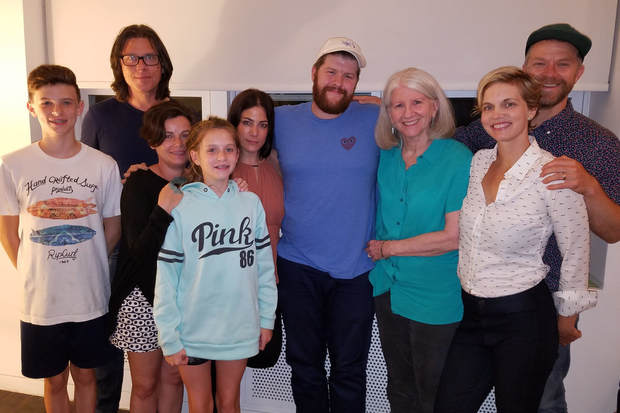










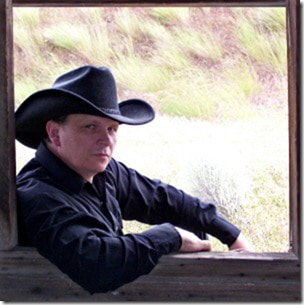





























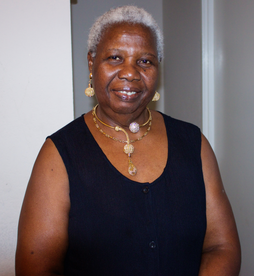


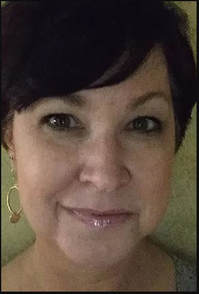











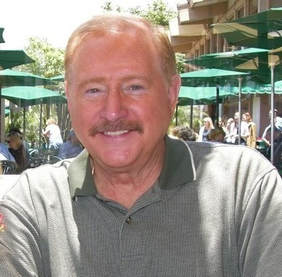


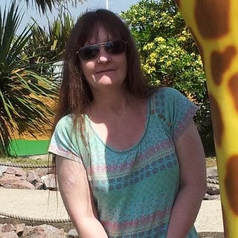












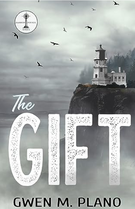




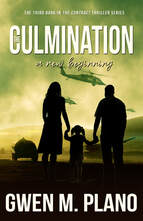
 RSS Feed
RSS Feed